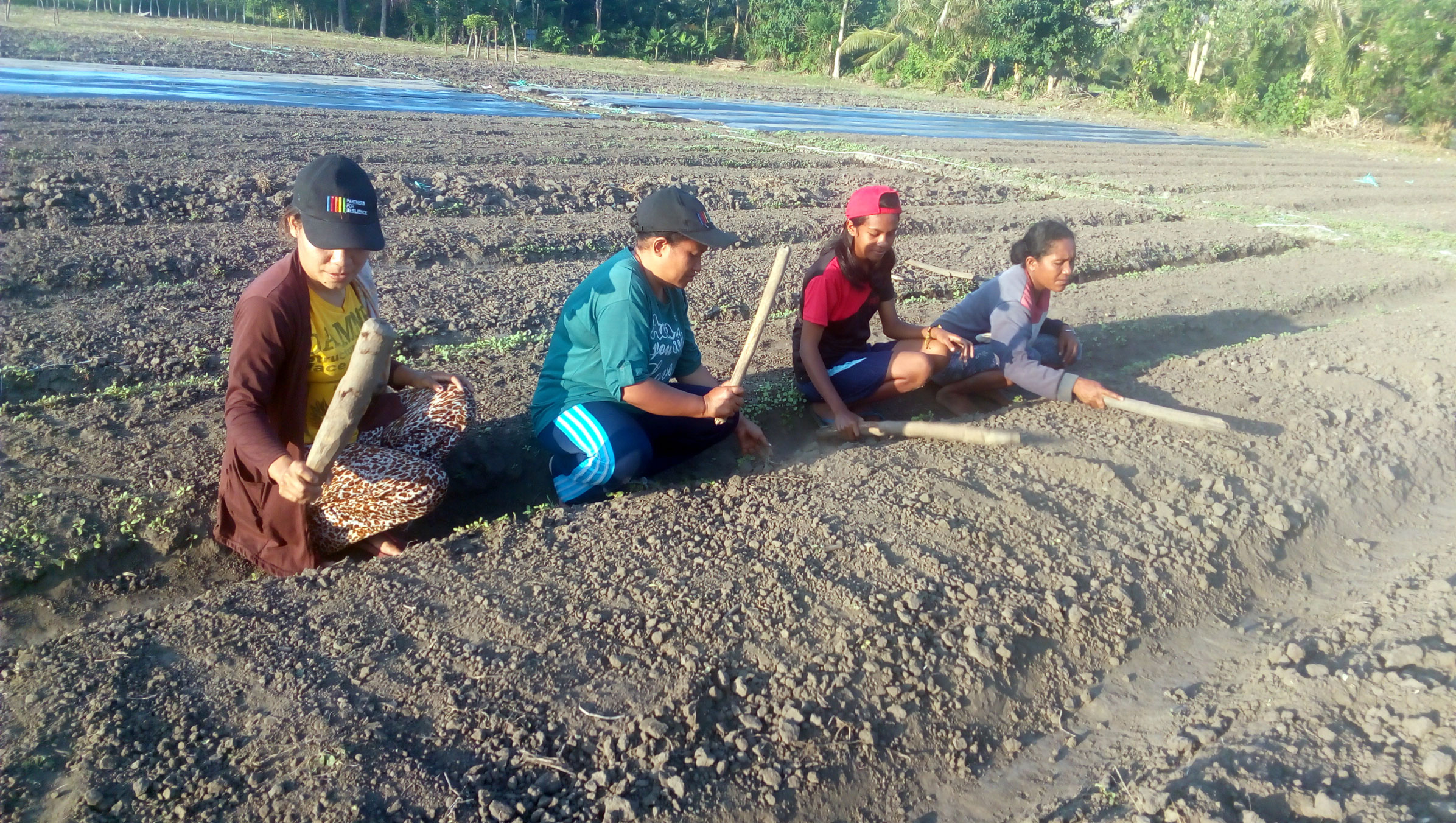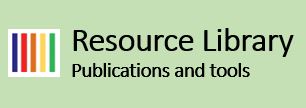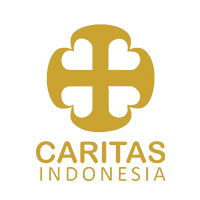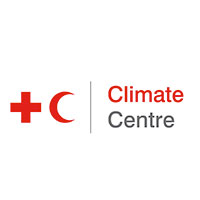Indonesia
Local context
Indonesia is one of the world’s most disaster-prone countries. According to the data from Indonesian National Agency for Disaster Management (Badan Nasional Penanggulangan Bencana), in the past ten years (2009 – 2019) 26.971 disaster events struck Indonesia. In 2018 alone, there were three major disasters: earthquakes in Lombok, Palu and Banten which caused significant impact and many casualties. Furthermore, the data shows that most of the disasters are hydrometeorological disasters. Taking this into account, it is important to work in a holistic way on Disaster Risk Reduction, Climate Change Adaptation and Environment Management Restoration through Integrated Risk Management.

Women Farmers Group in Magepanda Village Sikka
Programme I: Dialogue and Dissent
Regarding lobby and advocacy efforts, Partners for Resilience (PfR) Indonesia works through multi-level advocacy ranging from village, regency, provincial, national and global levels. The main focus of PfR’s advocacy work is to promote the incorporation of the IRM approach in development plans and budgets. PfR supports local organisations that are working on specific IRM related policies, such as the review of the national disaster management law and the national action plan on climate change adaptation.
Examples of the activities and achievements in Indonesia:
- Stories of Resilient People.
- Using survey data to create a community action plan.
- Inspirational video about the good practice of Jupiter (replication encouraged by PfR).
- Integrated Risk Management Policy checklist.
- Video Now You Hear Us Indonesia
Programme II: Up-scaling Eco-DRR
Upscaling community resilience through ecosystem-based disaster risk reduction (Eco-DRR) is a three-year project (2019-2021) funded by the European Union (EU-DEVCO). It is being implemented by UNEP and Partners for Resilience consortium. The 28 month-project started in June 2019 and ends in December 2021. Indonesia has approx. 21 million hectares of peat, mostly in degraded condition, due to drainage based peatland management practices for almost 30 years. The drained peatlands are prone to fire and subsidence (causing prolonged flooding).
Yayasan Lahan Basah (Wetlands International Indonesia), focuses on building the resilience of lowland wetlands communities through the integration of Integrated Risk Management principles into policy, practice and investments in wetlands ecosystems. One of the schemes developed by WII is the Indonesia Peatland Partnership Fund (IPPF), a partnership fund designed to support projects in community-based peatland conservation, restoration and sustainable development. IPPF uses the 3R approach -Rewetting, Revegetation and Revitalisation of livelihood- in peatland restoration, conservation and sustainable management.
Main project outcomes include: scalable models of community-based Eco-DRR and integrated resource management. Learning from IPPF sites the project designs and implements measures for building community resilience towards peat fire and peat subsidence disaster risks.
Recent Resources
No resources available for this country.
Programmes
- Dialogue and Dissent Strengthening the capacity of civil society to engage in dialogues with stakeholders for improved disaster risk reduction policies, practices, and investments.
Read more - Up-scaling Eco-DRR Increasing communities resilience and reducing disaster risks through ecosystem-based solutions.
Read more












